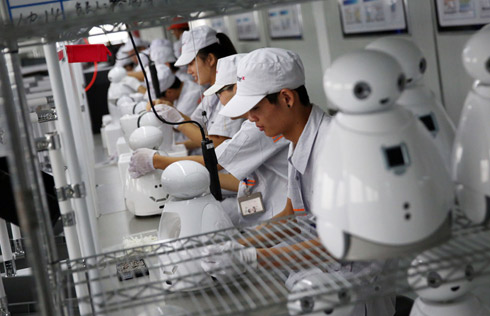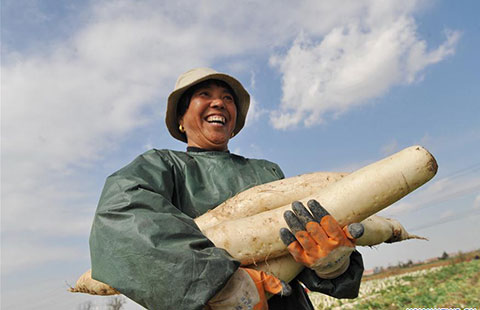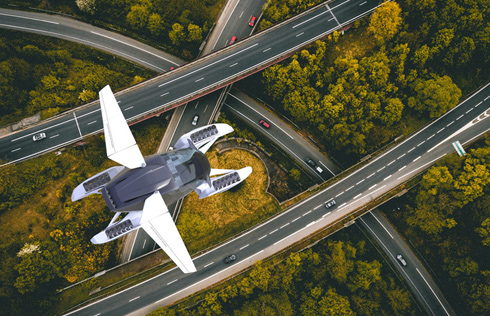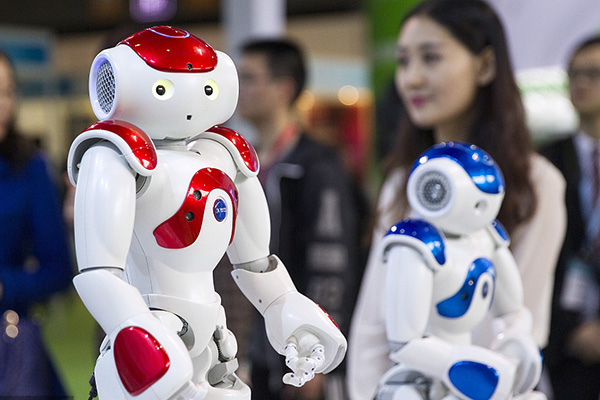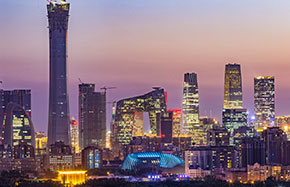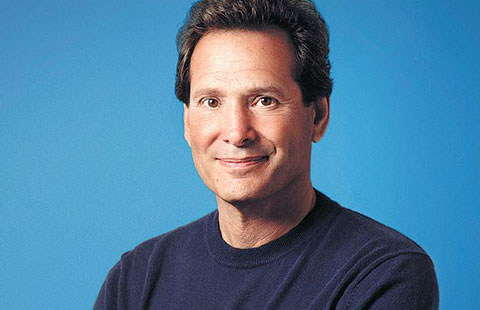Multimillion-dollar toy story
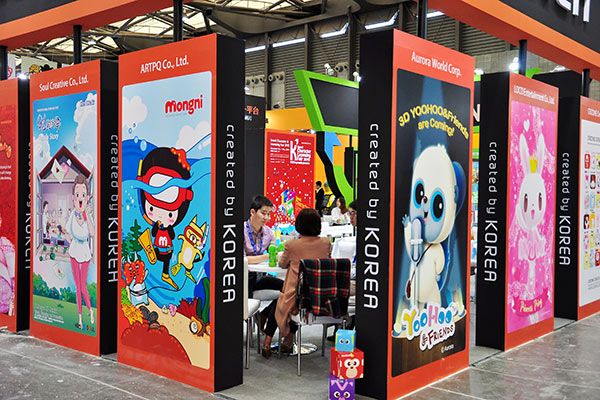 |
|
Just one of the hundreds of booths at the China Licensing Expo in Shanghai. The event is seen as an effective platform to explore and develop licensing businesses in China.ZHOU DONGCHAO/CHINA DAILY |
Barbie earns millions of dollars out of her image rights, so does Thomas the Tank Engine and his railway character friends.
But the biggest winners are the companies which manufacture these super toys when it comes to licensing products across the globe.
First stop on the road to riches is China.
"The country's licensing market is going through explosive growth and it is expected to maintain this momentum," said Charles Riotto, chairman of the International Licensing Industry Merchandisers' Association or LIMA.
Last year, China became the world's fifth largest licensing market with an annual retailing value of $8.1 billion.
It slotted in behind the United States, the United Kingdom, Japan and Germany, LIMA's Licensing Industry Survey 2017 Report revealed.
"China will become the major driving force (behind) global licensing market growth by the year 2020 when the middle class population in the country reaches 600 million," Riotto said.
This vibrant vision was on view at the China Licensing Expo 2017 in Shanghai last month.
More than 700 companies demonstrated their products with half of them making their debuts at the exhibition.
Toy giants and entertainment companies, such as Mattel, Hasbro and Oriental Dreamworks, made their usual high-profile impact.
Mattel has become a pillar of this annual pageant, making its seventh consecutive appearance. Six signature brands, including Barbie, Thomas & Friends and Fisher-Price, were showcased at the expo.
During the past few years, Mattel has put together partnership deals with an array of Chinese companies when it comes to licensing image rights of the toy company's most popular "characters".
In October, the group unveiled its first Thomas & Friends movie, The Great Race, to Chinese children during National Day holiday week.
To cater for its preschool audience, the animated film included its first Chinese character, a flaming red engine named Yong Bao.
Apart from the big screen production, Mattel staged the first Chinese version of a Thomas & Friends play in Beijing on June 1 before it went on a nationwide tour.
In the summer, the first official Thomas Town was opened in Southwest China's Chongqing municipality. This indoor railway-theme park covers 100,000 square meters and includes shops, dining areas and preschool study services.
"If you look at it from the perspective of industrial generalization, you can see 30 percent of the total volume of the toy industry is driven by the licensing business, especially the preschool consumer part," said Peter Broegger, managing director of Mattel's global emerging markets.
Since 2016, the imaging rights of Thomas & Friends have been used by Bright Dairy in Shanghai for a special range of children's yogurts.
Barbie has become another popular Mattel brand. The perennial fashion doll, which was created in 1959, is a publishing sensation in China.
In the past decade, Barbie Books have sold 80 million copies under license.
The company also aims to tap into the second-child policy, which was rolled out last year, with a marketing strategy for Fisher-Price.
Catering for preschool children, the educational toy brand announced a partnership agreement in July with Three Gun, a 100-year-old clothing company based in Shanghai.
The plan is to launch a variety of new products for babies and toddlers.
"Mattel has adopted a multi-industry and multi-channel licensing strategy in the Chinese market," Broegger, of Mattel, said.
The policy has paid off with the company registering double-digit growth in China's licensing business during the past five years.
But despite rapid expansion, there is still room for development in the image rights market because of low average consumption.
Data released by LIMA showed that China's retail licensing turnover was just 3 percent of the global total.
Figures also highlighted average consumption per capita of licensed products was only 5.43 yuan ($0.82) annually. That was just 5.8 percent of Japan's total.
Still, Broegger is confident the market will expand in China and the region as a whole.
"The contribution of the licensing business in the US and UK is much higher than in China," he said, adding that there was room for growth in the world's second largest economy.






